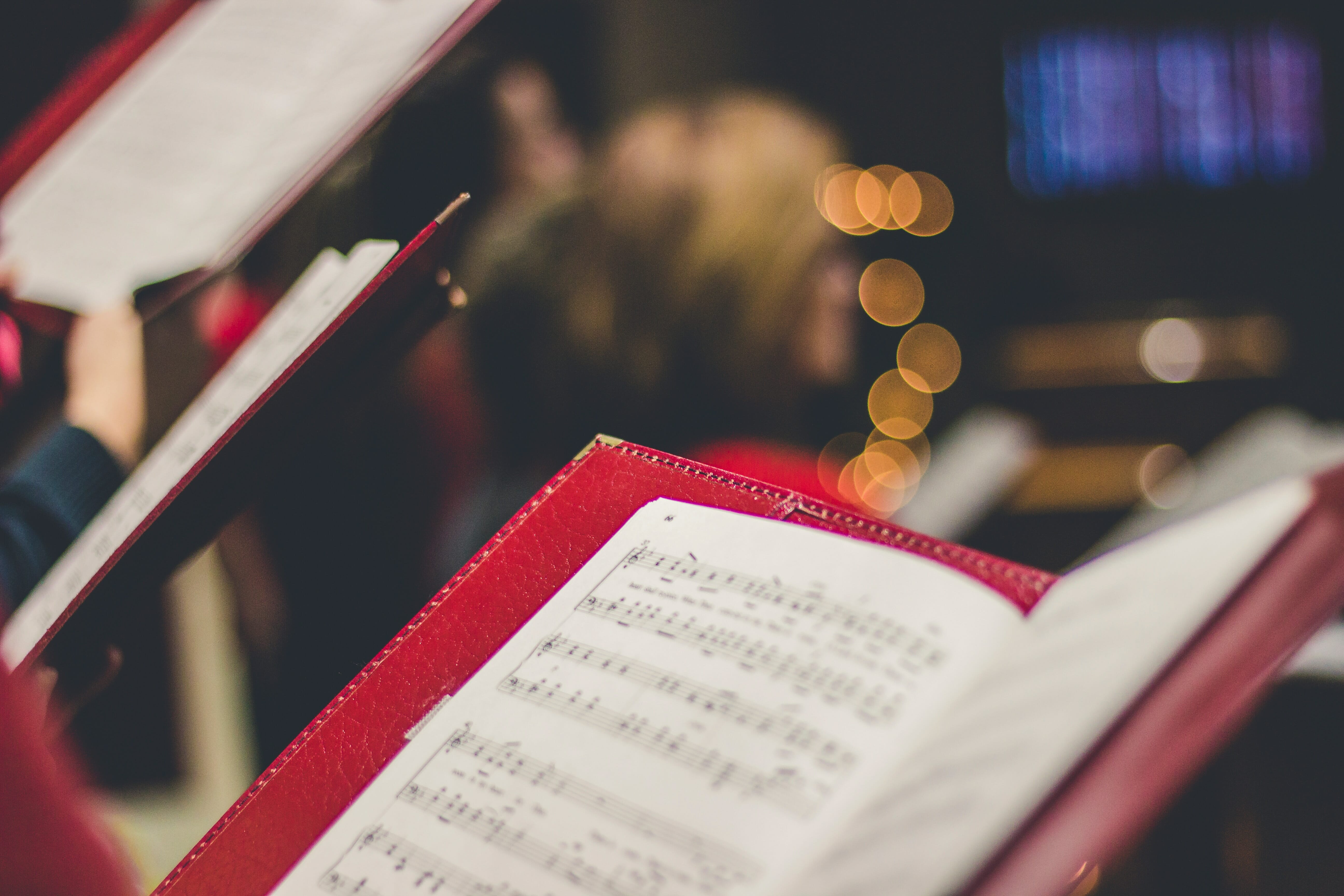
Photo by David Beale on Unsplash
Zephaniah.
It is not one of the more popular baby names nowadays. A man named Zephaniah conjures the image of a great-great-great grandfather staring at you in an old 19th-century family photo, a man who looks like he bit tenpenny nails for fun.
The prophet Zephaniah serves as one of the “minor” prophets, the prophets whose writings are shorter in length compared to the “major” prophets like Isaiah or Jeremiah–but by no means are the minor prophets to be considered “lesser” than the others. They may have written less, but these “minor” prophets still carry the edgy vocation of
Zephaniah spends much of his time railing against the excesses of the nation. The king Josiah reigned, yet Zephaniah’s prophetic work happened in the years before Josiah enacted religious reforms as one of Israel’s last “good” kings. At this point, no one, from
The book of Zephaniah is structured around nine long teachings, or oracles. Eight of the nine oracles are laden with talk of divine judgment for the people’s neglect of covenant commitments to God and the excesses of the day. The book offers a fairly firm word that such behavior has not gone unnoticed by the Divine, and there will be a reckoning that no one will
The ninth oracle is astonishing in its content. During the last section the prophet’s tone changes. He speaks of God saving those who listen to the prophet and take his message to heart. I find it quite remarkable to find this section at the end of the prophetic roar, this tender appeal to join voices together and sing of the great hope that God has in store for the faithful. Suddenly fierce Zephaniah softens in his tone:
Sing aloud, O daughter Zion; shout, O Israel! Rejoice and exult with all your heart, O daughter Jerusalem! The Lord has taken away the judgments against you, he has turned away your enemies. The king of Israel, the Lord, is in your midst; you shall fear disaster no more. On that day it shall be said to Jerusalem: Do not fear, O Zion; do not let your hands grow weak. The Lord, your God, is in your midst, a warrior who gives victory; he will rejoice over you with gladness, he will renew you in his love; he will exult over you with loud singing as on a day of
The dominant image of the prophetic utterances moves from the earth under divine judgment to a gathering of the faithful, singing of their faith at the top of their voices. The people are called to sing of a faith that shall endure the world’s hardships and foresee the future as God brings about a reign of justice and peace, not just for some or a chosen few, but for all peoples of the world.
At first glance, you might be skeptical: what good does this call to
Such a song, invoked in the midst of the praise of God, maps out a different way of looking at the world. We hear the disparities of a people who claimed to be the chosen, the exceptional, yet they kept some folks invisible or at the margins. Zephaniah is the counter witness to the official script of the day: the nation was getting a little stronger under Josiah, regaining some international alliances, making a few strides toward new economic stability, yet some folks were kept second-class citizens. The vision of the prophets (major or minor) imagines a people not separated by status or privilege. (As an elder colleague once observed, “A people holy and devout do not leave anyone out.”)
Reading the full text of Zephaniah, you experience the full and necessary indictment of a society that tried its best to be the city set on a hill yet never gave full account for its misdeeds and myopias. Yet, and I love that word “yet,” as it seems to be the necessary word for describing the prophets: The people have sinned mightily against God, yet God shall bring about a different End, one of love, justice, and peace. Accordingly, Zephaniah moves from indignant to tender in his prophecies. The last section claims you can indeed sing a different tune and become the beloved community of God. This song of Zephaniah presents where God will bring all things in the end, and singing this song inspires you to be part of the effort to bring the world closer to what God intends.
During Advent, churches who listen carefully will learn to sing a new song that harkens back to the prophets of God, who saw the dysfunctional present yet could foresee the bright future God alone holds for the world.
The views expressed are those of the author and not necessarily those of American Baptist Home Mission Societies.
Want the latest from The Christian Citizen?
Subscribe to Christian Citizen Weekly

